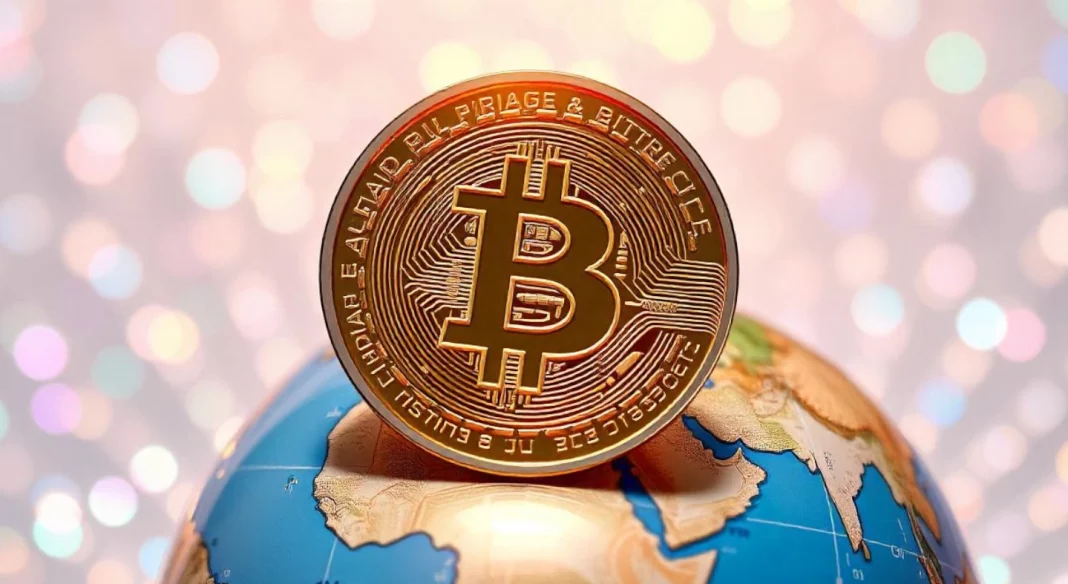The executive chairman of MicroStrategy just stirred up a heated debate in the Bitcoin community with his recent comments about Bitcoin custody.
Saylor suggested that large financial institutions could be the best custodians for Bitcoin.
Be your own bank?
In an interview with Madison Reidy, Saylor expressed his belief that institutional custody might be a safer option than managing Bitcoin individually.
This is a hge shift from his earlier stance, where he championed self-custody as a way to avoid centralized control.
Saylor argued that major financial institutions, often labeled as “too big to fail,” could effectively safeguard Bitcoin.
He proposed that instead of using hardware wallets, it might be better to trust banks, which he views as natural custodians for financial assets, but this new perspective contradicts his previous warnings about the dangers of relying on custodians.
“In systems where there is no self-custody, the custodians accumulate too much power, and then they can abuse that power.”
The central bank must be trusted not to debase the currency, but the history of fiat currencies is full of breaches of that trust.
Supporters of self-custody are concerned that trusting large institutions increases risks tied to centralization and government oversight.
They point to historical events like Executive Order 6102 from April 5, 1933, which restricted private gold ownership as evidence of these dangers.
During the interview, Saylor dismissed fears of government confiscation as exaggerated paranoia from “crypto-anarchists.”
He claimed that no gold was forcibly taken and that citizens willingly surrendered their gold.
Since the U.S. hasn’t adopted a Bitcoin-based monetary system, he argued it’s unreasonable to compare the 1933 gold confiscation to potential future Bitcoin confiscation.
The community isn’t happy
Saylor’s opinions prompted quite strong reactions from the Bitcoin community on X. John Carvalho, CEO of Synonym, criticized Saylor’s change in viewpoint, recalling his earlier assertion that Bitcoin is hope for everyone.
Carvalho questioned what this means if we disregard the concerns of paranoid crypto-anarchists as mere salespeople with hidden agendas.
Samson Mow, CEO of Jan3, joined to the discussion by stating that a government doesn’t need to physically seize your Bitcoin.
Instead, it can simply lock custodial BTC into approved custodians indefinitely—what he referred to as Institutional Bitcoin.
He warned that this could diminish the utility of Bitcoin and drive its price down.
Have you read it yet? Bitcoin open interest surpasses $40 billion, should we worry?
Disclosure:This article does not contain investment advice or recommendations. Every investment and trading move involves risk, and readers should conduct their own research when making a decision.
Kriptoworld.com accepts no liability for any errors in the articles or for any financial loss resulting from incorrect information.


